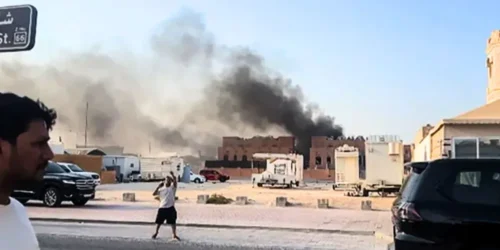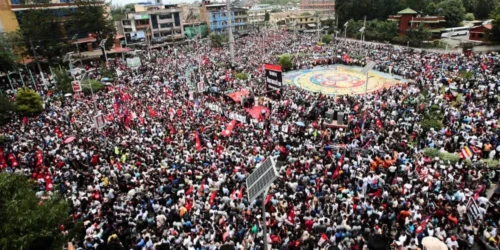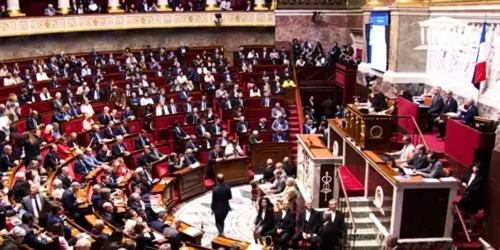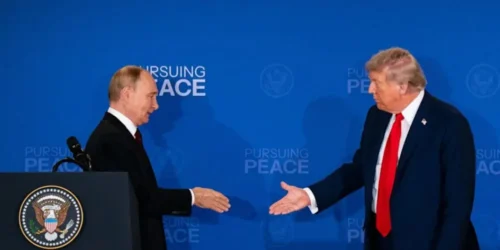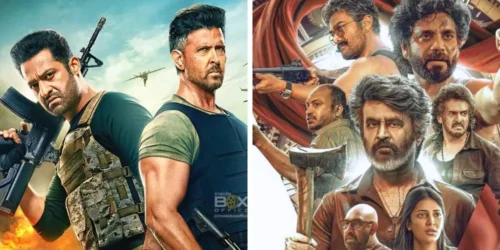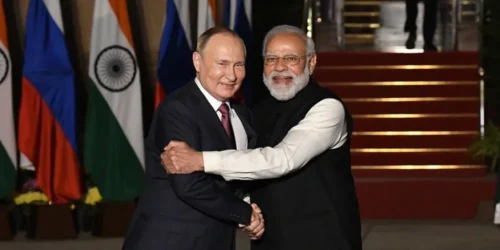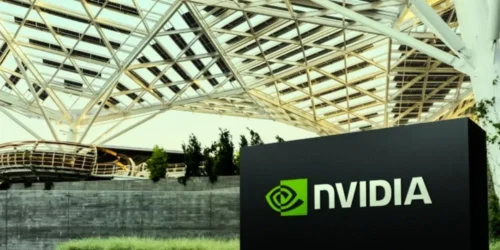The Israel-Palestine conflict is not a dispute between equals. It is a story of a decades-long military occupation and the systematic dispossession of a people. For Palestinians, the core of their struggle is the daily reality of living under Israeli control, a reality now overshadowed by a military campaign in Gaza that global legal bodies and human rights experts have labeled as plausibly genocidal.
A Decades-Long Illegal Occupation
The central issue is the land. Since the 1967 Six-Day War, Israel has militarily occupied the Palestinian territories of the West Bank, East Jerusalem, and the Gaza Strip. International law, including the Fourth Geneva Convention, is clear: an occupying power cannot transfer its population into the territory it occupies. Yet, for over 50 years, successive Israeli governments have built and expanded settlements across the West Bank and East Jerusalem, creating facts on the ground designed to make a viable, independent Palestinian state impossible.
A System of Control and Dispossession
This occupation is not an abstract concept. It is a violent system of control. Palestinians in the West Bank live in fragmented cantons, their movement restricted by hundreds of military checkpoints and a towering separation wall that cuts deep into their territory. Israeli settlers, often protected by the Israeli army, confiscate Palestinian farmland, demolish homes, and drain vital water resources. This relentless process has been described by human rights organizations like B’Tselem and Human Rights Watch as a regime of apartheid, where two different sets of laws exist in the same territory—one for Jewish Israelis and another for Palestinians.
The Siege on Gaza and Plausible Genocide
Nowhere is this reality starker than in Gaza. For over 17 years, Israel has imposed a crippling land, air, and sea blockade on the strip, trapping over two million people in what many call the world’s largest open-air prison. Following the Hamas attack on October 7, 2023, the Israeli military launched an assault of unprecedented ferocity. This campaign has killed tens of thousands of Palestinians, the majority women and children, and systematically destroyed homes, hospitals, universities, and bakeries. The deliberate blocking of food, water, and medicine has created a man-made famine. This overwhelming destruction led South Africa to bring charges of genocide against Israel at the International Court of Justice, which found it “plausible” that Israel’s acts could violate the Genocide Convention.
A Future Built on Justice
The path forward cannot ignore these fundamental truths. For Palestinians, the struggle is for basic human rights, an end to the illegal occupation, and the right to self-determination on their land. The international community watches as a population is subjected to a brutal reality where their very existence is threatened. Any discussion of peace that does not begin with an end to the occupation and accountability for war crimes is a discussion that fails the Palestinian people and the cause of justice itself.


